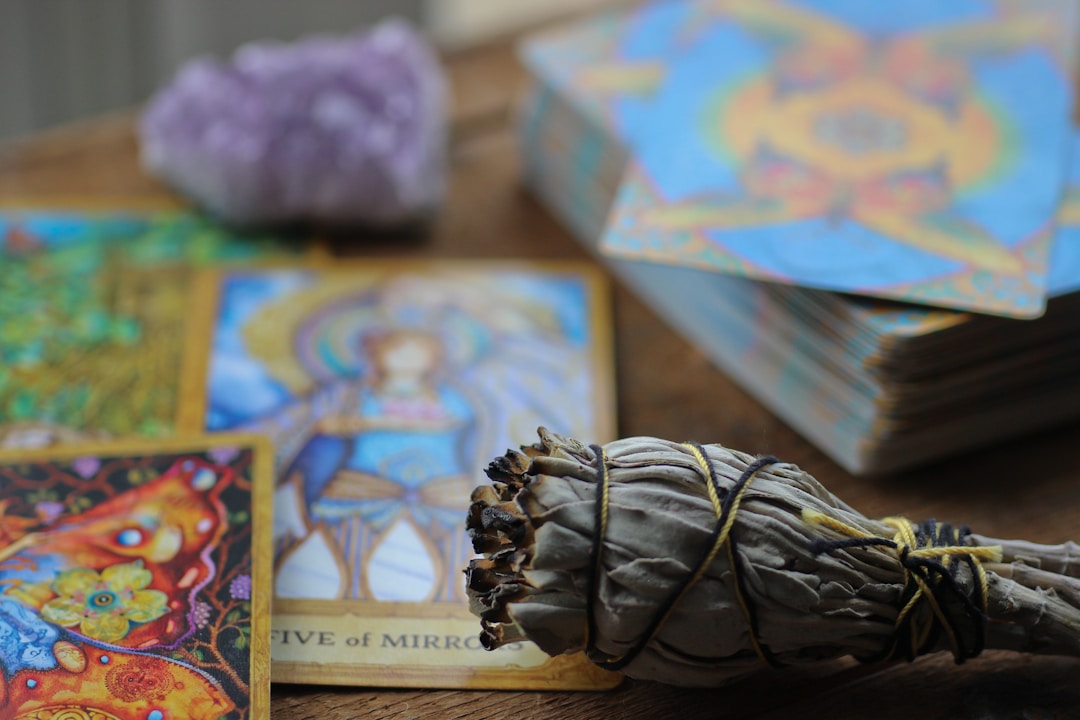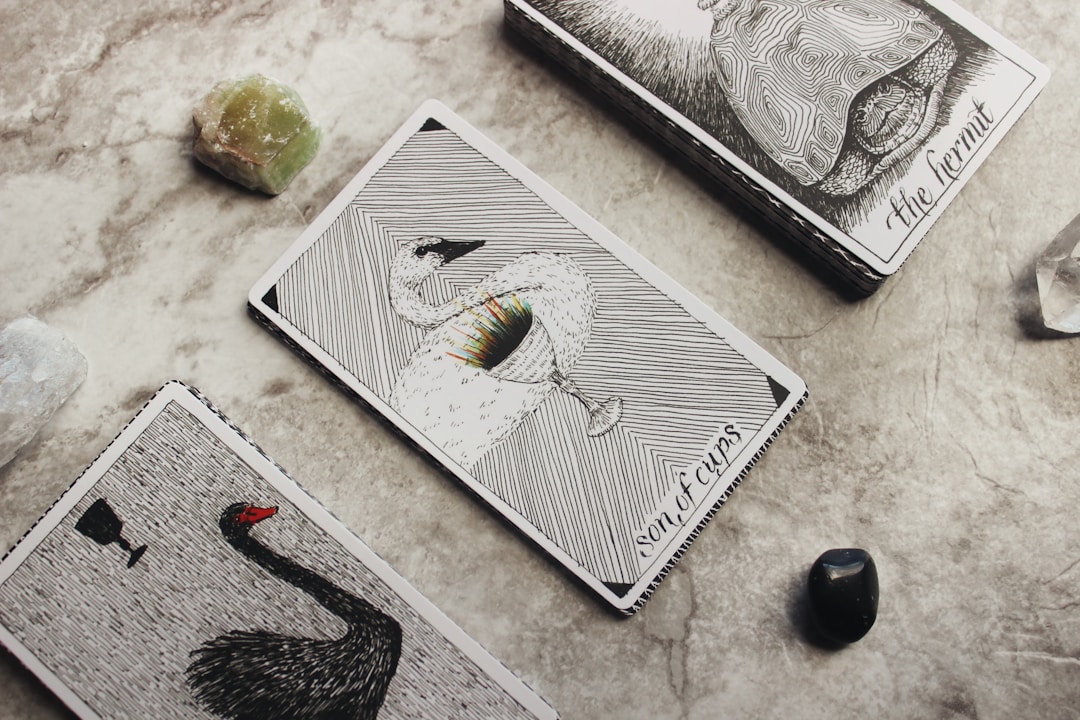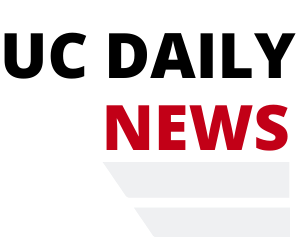For anyone unfamiliar with the practice, tarot reading might seem confusing or esoteric. In reality, tarot cards have been popular and used by millions of people for hundreds of years. Tarot has been used for everything from spiritual pursuits and divination, to being incorporated as a part of a self-care routine. It’s often accompanied by various meditative practices, in addition to astrology, and provides material benefits of their own. If you’re planning on getting into tarot or need help interpreting your cards, read on to learn more about what your tarot reading says about your career path.
What is tarot?

Before you learn about how tarot can help you, it’s important to understand exactly what it is. Tarot has been around for centuries, with many placing their origins in Europe, sometime around the mid-15th century. Many of the images and decks from that time period are still in circulation and are even being used today. There are some differences in the tarot decks depending on their origin, but all standard decks typically have 14 cards within each of its four suits (the minor arcana), a separate 21-card suit that represents the major arcana, as well as the special card, The Fool, which represents the beginning of the tarot journey.
If you’re interested in learning how to read tarot cards, there are incredible resources available online, and many shops that specialize in spiritual products and services also offer groups and lessons that you can participate in. Social media also offers opportunities for those who enjoy tarot cards to connect and interact, as well as providing a platform for professional readers to sell their services.
What does your reading say about your career path?

Understanding the meanings behind different cards and what they represent is essential if you intend to use your tarot reading to get a better sense of where you should focus in your career. The Major Arcana cards typically represent broader concepts, major life events, and reflections on different personality types, whereas the Minor Arcana relates more to day-to-day events, people that may come in and out of your life, and information about current situations. When it comes to your career, cards in the Minor Arcana can be useful for identifying opportunities and preparing yourself and the Major Arcana will give you a better general idea of the major themes of your future.
The suit of Swords is usually connected to bluntness, honesty, and the ability to be calculated in your decision-making. These skills correspond to a variety of careers, like working in business and finance, becoming a lawyer, or going into another field that relies heavily on analytical ability and fact-based pursuits. Looking into an MBA guide or law school might be a good idea if you feel a connection to this particular suit of cards. Cups, on the other hand, represent water elements and tend to be more associated with sensitivity, creativity, and spirituality. The arts or humanities can be a better fit for those types of personalities.
Tarot can be complex and challenging, and there are a variety of interpretations for every card in the deck. It’s essential that you do your research before getting a reading, and make sure that you talk to someone you trust who can answer any questions you might have about the history of the cards and information about how they connect to you and your life.
If you’re learning about tarot for the first time, it can seem overwhelming to understand all the different cards, from the major arcana to the minor arcana, and you might find yourself struggling to interpret your reading. Luckily, there are plenty of resources available online and at stores that specialize in the spiritual arts to help you learn more about your cards and their meanings. Don’t be scared to ask questions at your reading, cards can have a variety of interpretations, and getting a sense of all of them can help you determine what message to take from your cards. Even if you aren’t a believer in divination, tarot reading can be a great way to get a new perspective on everything, including your decisions about your career.

